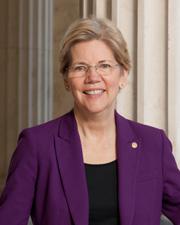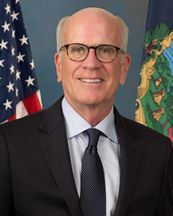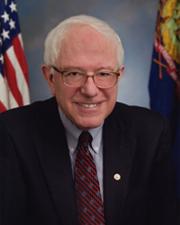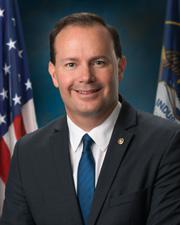0
Modernizing Opioid Treatment Access Act
2/6/2024, 1:12 AM
Congressional Summary of S 644
Modernizing Opioid Treatment Access Act
This bill expands access to methadone for an individual's unsupervised use to treat opioid use disorder (OUD). (Typically, methadone must be dispensed to individuals in person through opioid treatment programs.)
The bill (1) waives provisions of the Controlled Substances Act that require qualified practitioners to obtain a separate registration from the Drug Enforcement Administration (DEA) to prescribe and dispense methadone to treat OUD, and (2) requires the Substance Abuse and Mental Health Services Administration and the DEA to jointly report on the waiver.
Additionally, the bill directs the DEA to register certain practitioners to prescribe methadone that is dispensed through a pharmacy for an individual's unsupervised use. Qualified practitioners must be licensed or authorized to prescribe controlled substances, and they must either work for an opioid treatment program or be a physician or psychiatrist with a specialty certification in addiction medicine. A state may request that the DEA stop registering such practitioners in its jurisdiction.
Individuals who receive methadone for unsupervised use must continue to have access to other care through an opioid treatment program.
For purposes of the waiver, the bill also requires the exclusive use of electronic prescribing, establishes prescription limits, and sets out requirements for informed consent. Further, the bill permits the use of telehealth to provide methadone treatment and related services if the state and the Department of Health and Human Services jointly determine the use is feasible and appropriate.





